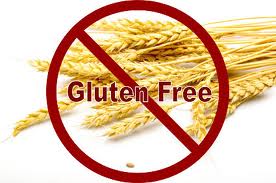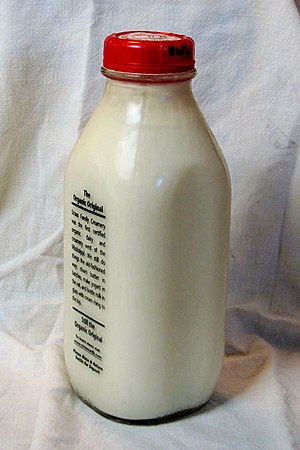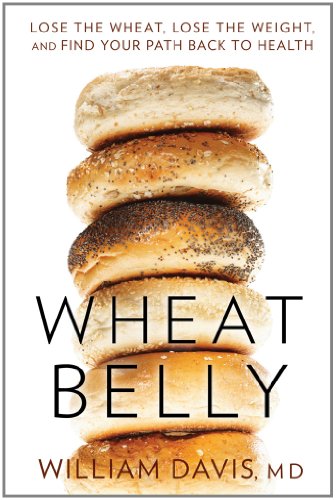For the last week, I’ve been sick. Coughing and sore throat sick. Not wanting to cook sick. The idea of eating isn’t really high on my list, even though I know I need to.
I remember when I was sick back in Los Angeles and married at the time, that my ex-husband (who didn’t really cook) would resort to bringing me Jack in the Box food. It didn’t taste very good and wasn’t really appetizing to me, but I had no energy to make anything myself so I ate it. Later on, when I lived alone, those were the days I resorted to opening a can of Campbells soup.
So now, how do I deal with illness when I live alone and I’m gluten intolerant and I’m committed to eating real food that is local and traditional? I plan ahead.
Even though I’m single, you wouldn’t know it from the way I cook. I don’t cook for one serving. I cook enough for 2 to 4 servings. I freeze my leftover meals in single serving portions. Those are for the nights that I’m either really busy, or sick. So I know that there is usually a variety of foods in my freezer to keep me going. Right now I have homemade chicken soup, beef soup, a sausage and collard soup as well as chili. There is enough variety to keep me satisfied and its easy to defrost something in the microwave and finish heating it in a saucepan. Little work, lots of benefit.
Its easy to do. When I am making something, I just make sure that I make more than I need. I eat what I want for the night, use those disposable Glad or Ziplock containers and freeze meal size portions. Its also very economical. Much more so than buying frozen dinners or cans of stuff with ingredients I can’t pronounce. Continue Reading »
Tags: Cook, Homecooked Meals, Slow Food, Soups and Stews







